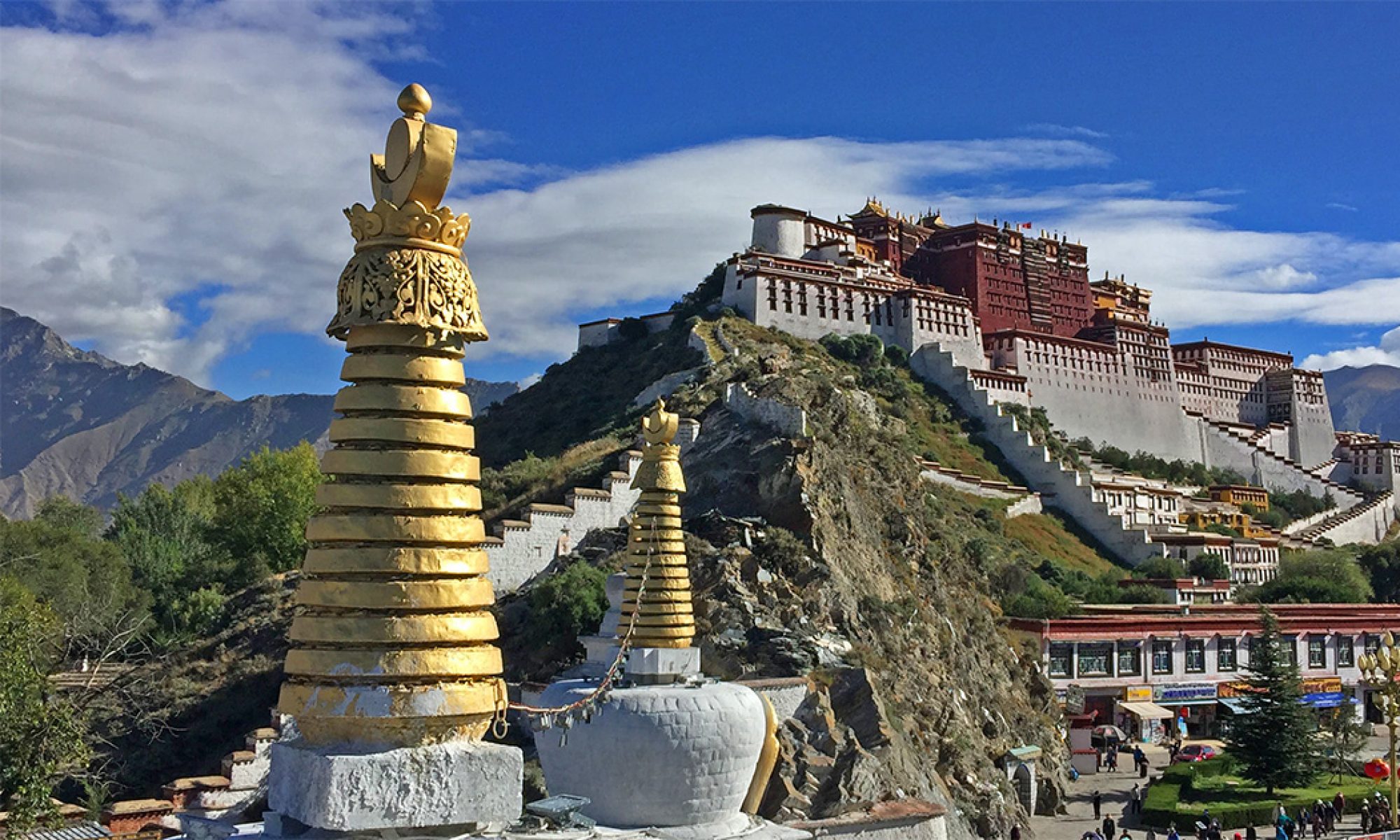Khubilai Khan (1215 – 1294)
Khubilai Khan established the Yuan Dynasty officially in 1271 and served as the Great Khan during the height of Mongol rule and power throughout China. Khan came to power after an intense civil war which pitted him against his relatives (descendents of Ghengis Khan), including his brother Mongke, who as emperor, had commanded his brother Qubilai to lead conquering expeditions in China’s Western frontiers.
Although it took Khan a few years to overthrow the southern Sung dynasty – a vast territorial expanse with more than 50 million people – when he formally declared the beginning of the Yuan Dynasty, he moved the capital from Karakorum (in modern-day Mongolia) to Beijing. Khan, who wanted to be known as the Khan of Khans and ruler of both Mongolia and China, inherited a China ravaged by civil war and in financial ruins.
From there, he led a dynasty characterized by trade and expeditions. Even though the late years of his rule would be marked by a foreboding lack of control of both domestic and foreign properties, foreign nations sent embassies to Khan’s court and even the king of Ceylon sent him presents. Such was the court Marco Polo visited on his trip to Asia. But Khan’s social works projects placed a huge financial burden on his empire. In 1289, Khan finished a 135-mile extension of The Grand Canal, whose maintenance costs paled in comparison to the price of material and wages of nearly 3 million workers it took to build the waterway. Khan’s project now allowed grain and other products to come directly from the Yangtze River to Beijing.
In an attempt to take Mongol expansion to the seas for the first time, Khan launched two large-scale and failed attacks against Japan. The first in 1274 used mostly Korean ships and the second in 1281 dealt a devastating blow to the empire’s sea power when a typhoon destroyed almost the entirety of the fleet. Under Khan, the Mongol empire launched two attacks against Vietnam, but were again badly beaten both times. In 1280, Khan organized China’s first expedition to Tibet to scout out the origins of the Yellow River.
Toward the end of his reign, in 1281, his favorite wife, Chabi, died and five years later, his appointed successor and son followed his mother. Loneliness contributed to Khan’s indulgence in food and alcohol, which led to afflictions of obesity and gout. His tomb has yet to be discovered and no record of an elaborate burial exists.
Sources:
Lewis, Archibald Ross. “Nomads and Crusaders, A.D. 1000-1368.” Indiana University Press, c1988.
Elverskog, Johan. “Our Great Qing: The Monogls, Buddhism and the State in late Imperial China.”
Kapstein, Matthew T. “The Tibetans.”
Rossabi, Morris. “Khubilai Khan: His Life and Times.”
Entry by Megan H. Chan, 1/29/07
